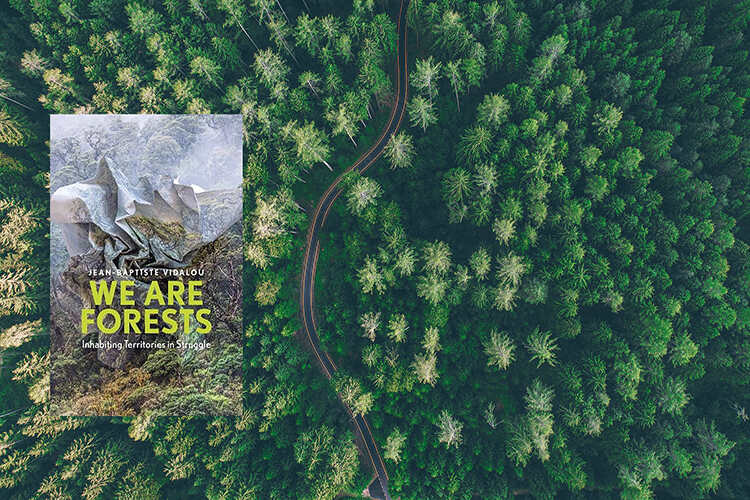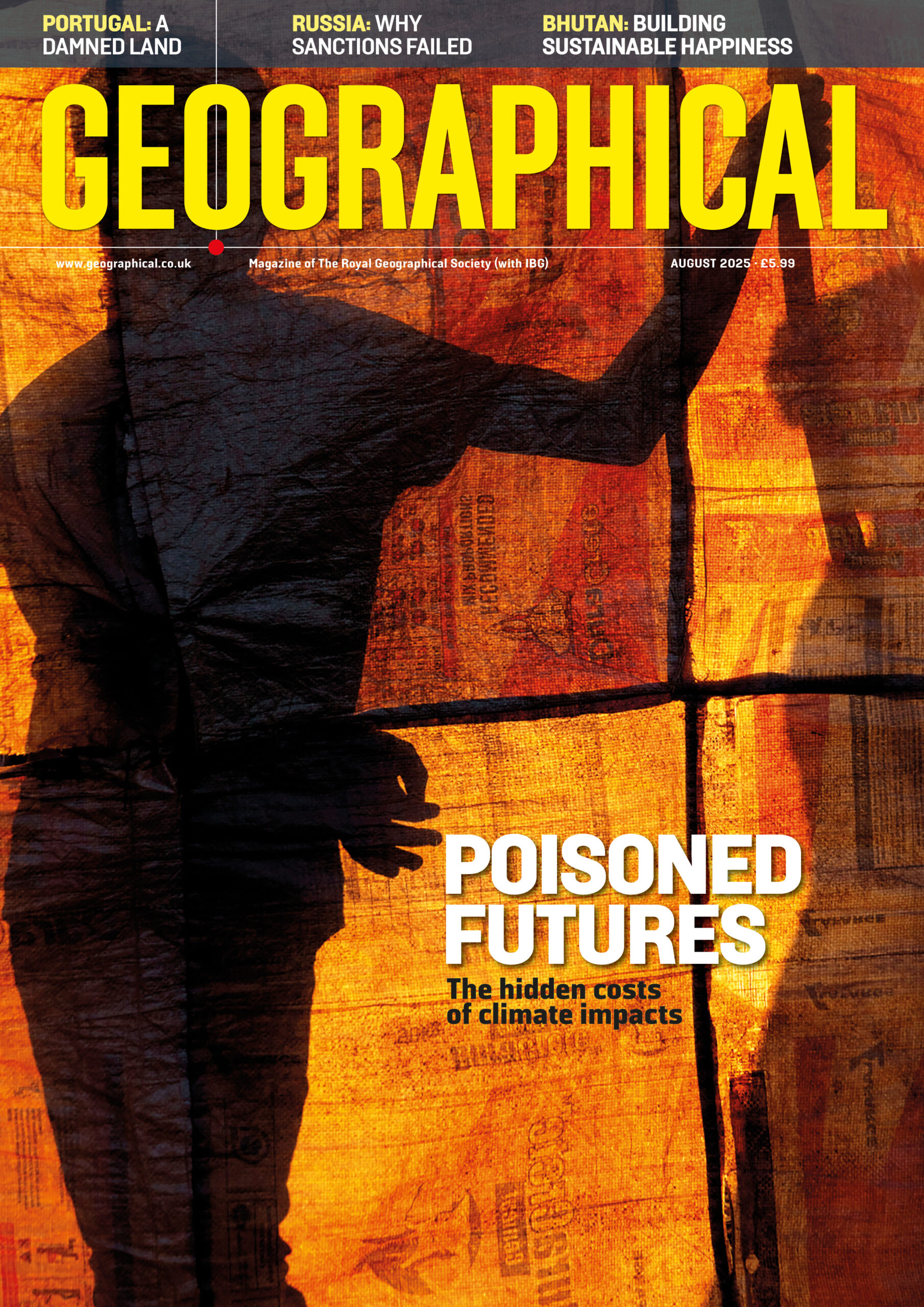
Jean-Baptiste Vidalou presents an unusual but interesting read on the capitalist notions of conservation
Review by Olivia Edward
Forests have always seemed to stand up and offer shelter to those who no longer wish to be governed,’ writes Jean-Baptiste Vidalou, a French drystone-waller and philosopher. He revels in the safe harbour of wooded areas, which have historically provided refuge for economic insurgents resisting capitalist models of existence.
Vidalou is critical of current ‘green’ energy initiatives that claim to be sustainably harvesting forests for biofuels while dismantling their delicate ecosystems. He believes forests are ‘an infinite tangle of living beings, mixing and interpenetrating in such a way that to act on one is to act on the whole’, and, as a result, is contemptuous of forestry management programmes that attempt to reduce ecosystems into demountable constituent parts.
He even views the word ‘sustainable’ with suspicion, noting its links back to the term ‘maximum sustainable yield’, first used in the 1950s by French fisheries scientists, who he sees as being embroiled in a culture of industrial habitat mining. And don’t get him started on Google’s Global Forest Watch programme, a Landsat initiative attempting to track global rates of deforestation. He argues that flattening a forest into pixels is a disaster in itself, an attempt to ‘quantify the unquantifiable’ that fundamentally distorts the true nature of all that is arboreal. Instead, he stands with the indigenous communities that live in forests and encourages encounters of ‘reciprocal incarnation’ that happen when a person touches a tree and has a sense that the tree touches them in return.
Socio-politically, rather than perceiving current campaigns against deforestation as a replacement for class struggles, he instead views them as a ‘breach opening in the current single government of the planet’. And he sees this breach as an opportunity to stand together and create ‘a completely different idea of life’ – one that sees the forest not ‘a resource to be extracted, a void to be conquered, but rather as a sensitive reality, a fullness to be lived’.
This is an unusual work that I wished at times was a little shorter and less polemical, but it does offer worthy critiques of capitalist notions of conservation and is full of mettlesome ideas.




